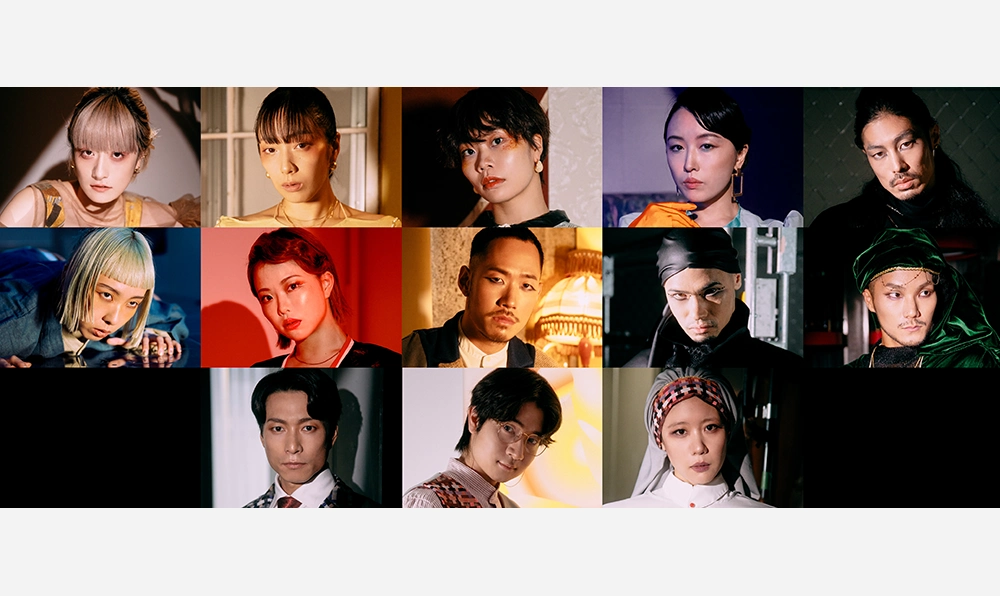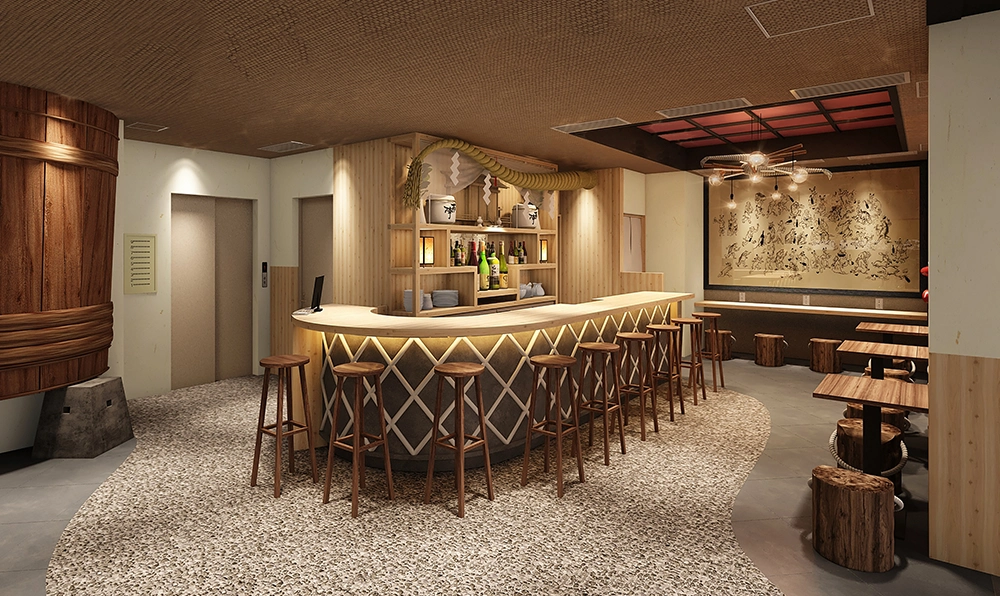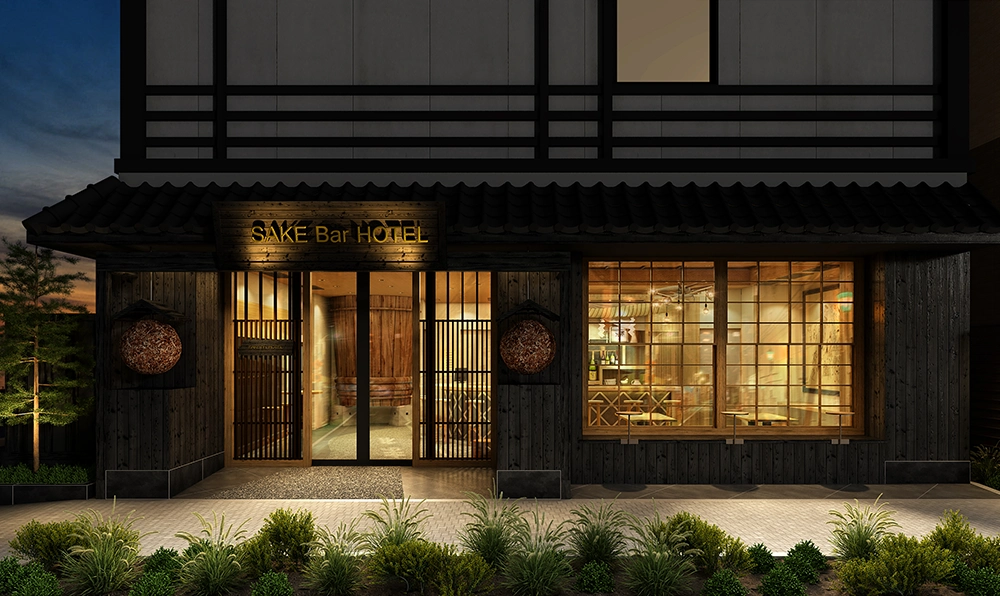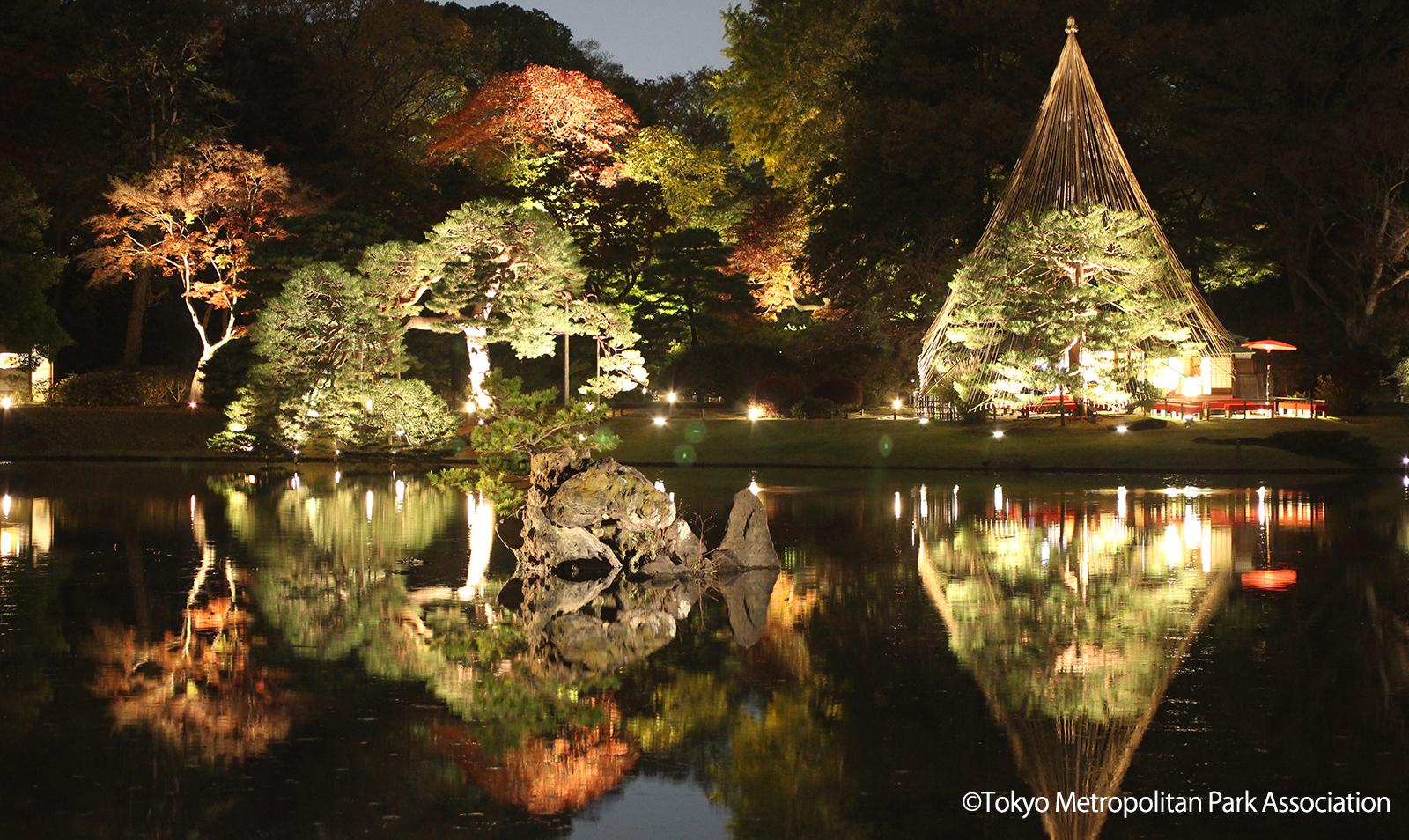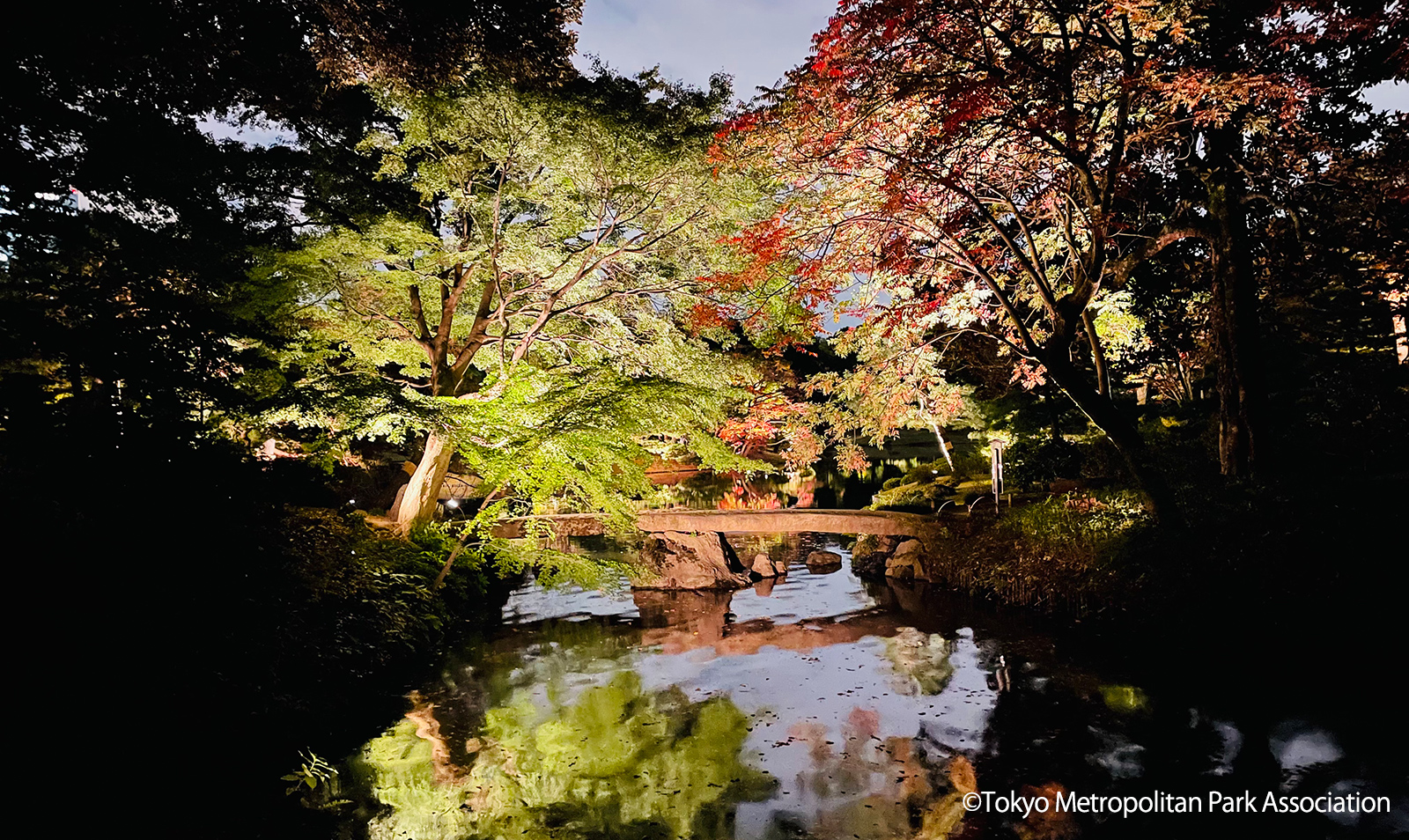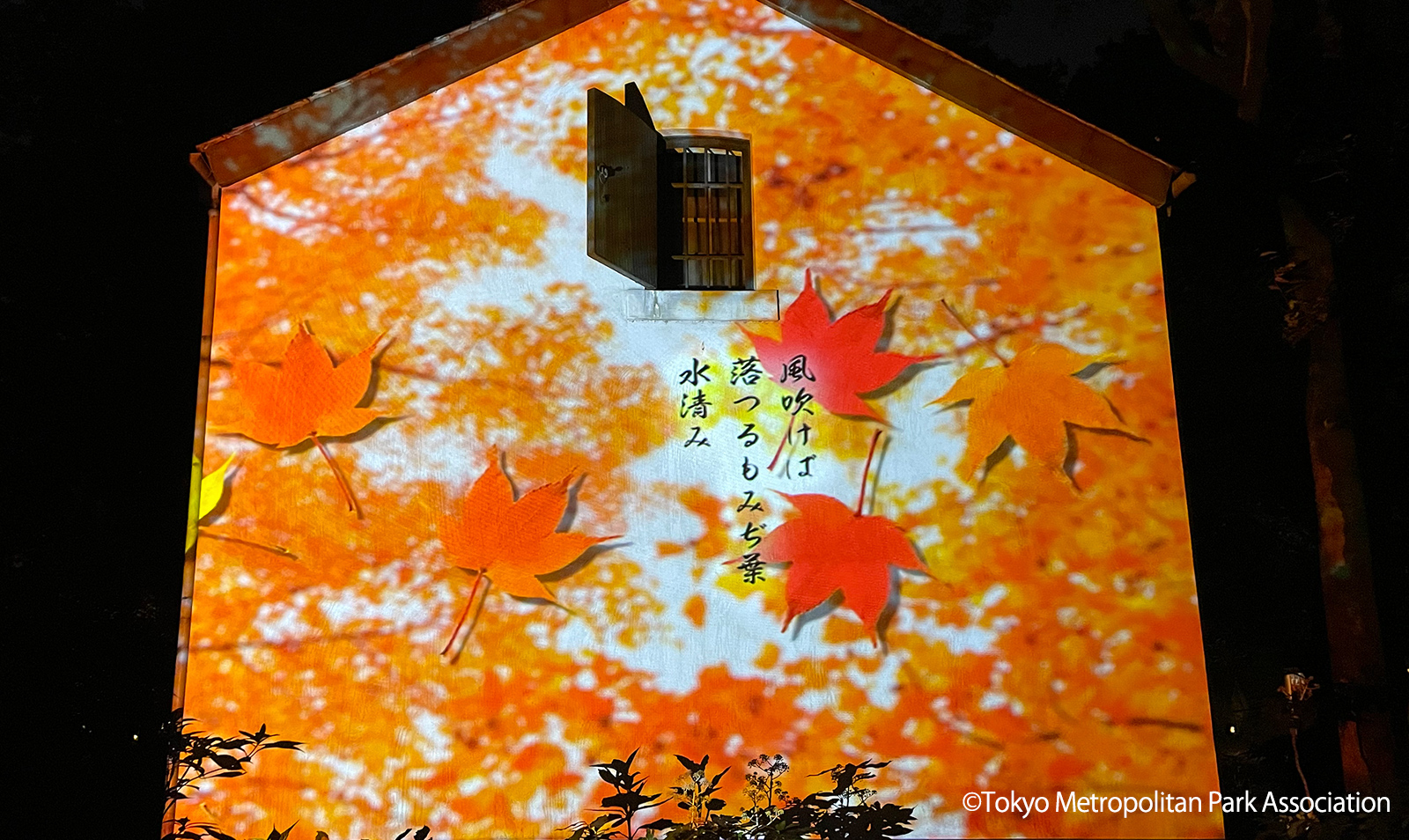Special Feature:
Tokyo’s Top Farm-to-Table Dining
Subscribe
Download

A new hub of Japan’s anime culture opens in Ikebukuro!
October 31, 2023 Ikebukuro Facility
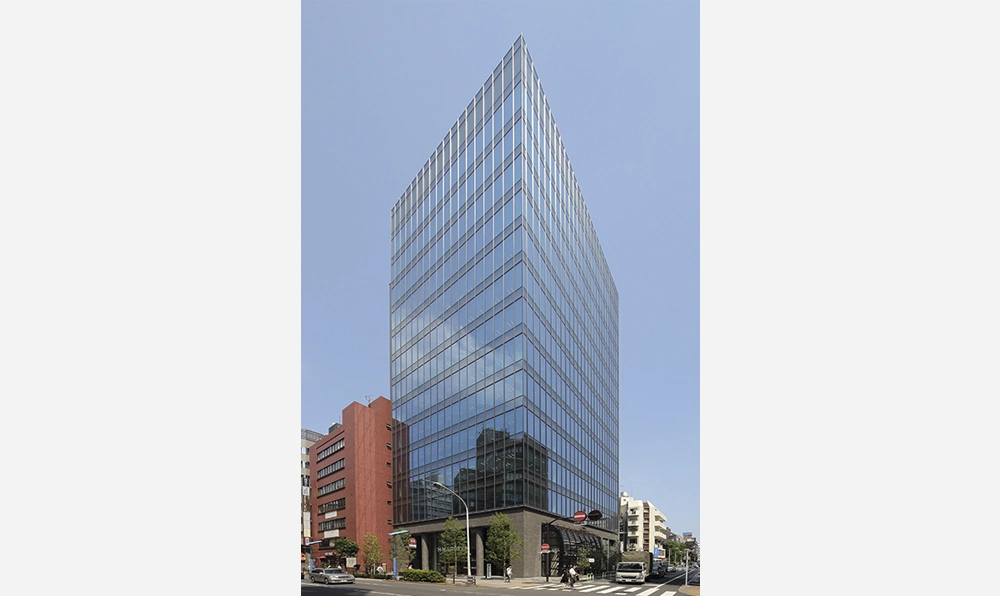

For 4 days only! Immersive theater “Anima” at an art hotel
December 9, 10, 16, 17, 2023 Nihonbashi Event
A hotel to experience sake and Japanese culture opens in Asakusa
November 30, 2023 Asakusa Accommodation
Tokyo unveils its fall colors in November
November 2023 Komagome FacilityTokyo’s Top Farm-to-Table Dining
The concept of “Farm-to-Table,” where fresh, safe foodstuffs are delivered directly to consumers, has been talked about since the 1980s in Japan, where it is known as “chi-san chi-sho,” meaning local production for local consumption. As it promotes the consumption of foods made near home, it has recently gained appeal for reducing transport costs and being environmentally friendly.
Lined with skyscrapers, Tokyo is often seen as a site of mass consumption, but it also has an important aspect as a farm production area as well. Let’s look at three restaurants to enjoy Tokyo’s vegetables in Tokyo and experience a “Farm to Table” experience unique to this metropolis.
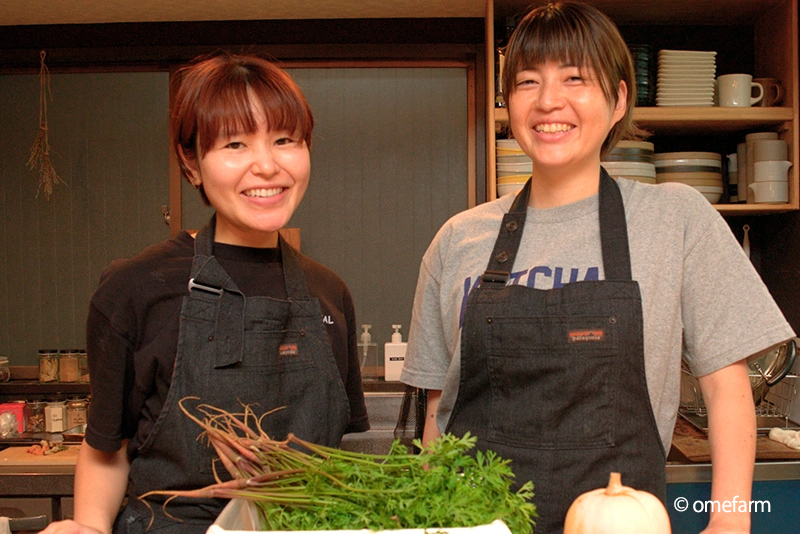
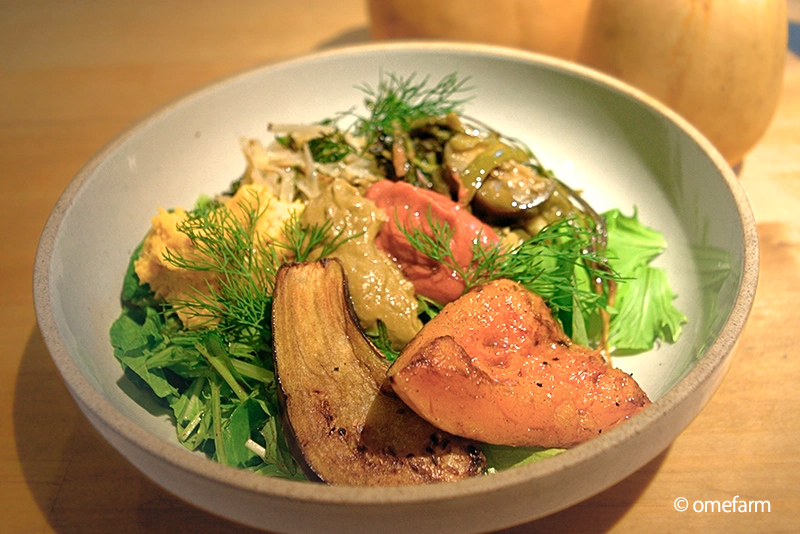 Ome Farm Kitchen, located in Iwamotocho, a district between Akihabara and Kanda, is a restaurant that serves organic vegetables grown at Ome Farm. Enjoy vegetarian dishes such as Buddha bowl and curry. Grown without pesticides or chemical fertilizers, the pure flavor of these fresh vegetables is surprisingly deep. As Chef Yoko Aoyagi says, “There is a power in these ingredients that leaves a lasting impression on people. To bring out the unique character of each vegetable, the seasoning is mostly just salt.’’ Also being implemented are sustainable initiatives only possible with a direct farm-to-store connection, such as fermenting and composting food waste generated by the store.
Ome Farm Kitchen, located in Iwamotocho, a district between Akihabara and Kanda, is a restaurant that serves organic vegetables grown at Ome Farm. Enjoy vegetarian dishes such as Buddha bowl and curry. Grown without pesticides or chemical fertilizers, the pure flavor of these fresh vegetables is surprisingly deep. As Chef Yoko Aoyagi says, “There is a power in these ingredients that leaves a lasting impression on people. To bring out the unique character of each vegetable, the seasoning is mostly just salt.’’ Also being implemented are sustainable initiatives only possible with a direct farm-to-store connection, such as fermenting and composting food waste generated by the store.
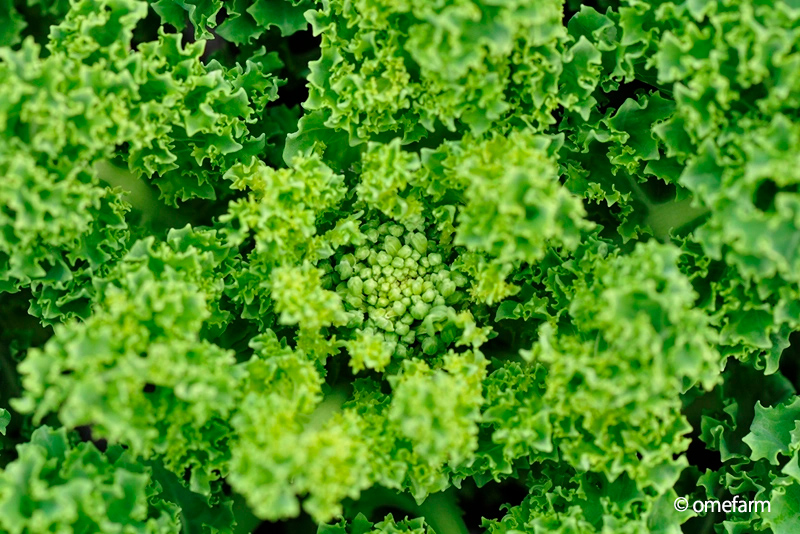
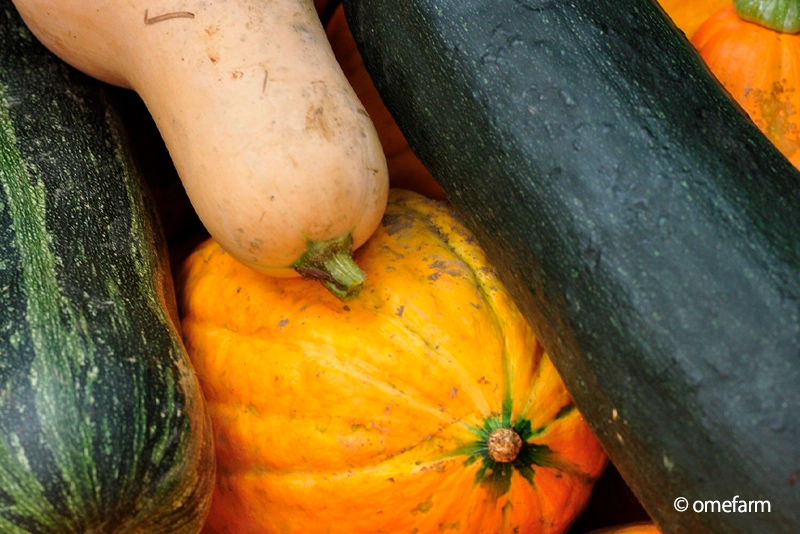
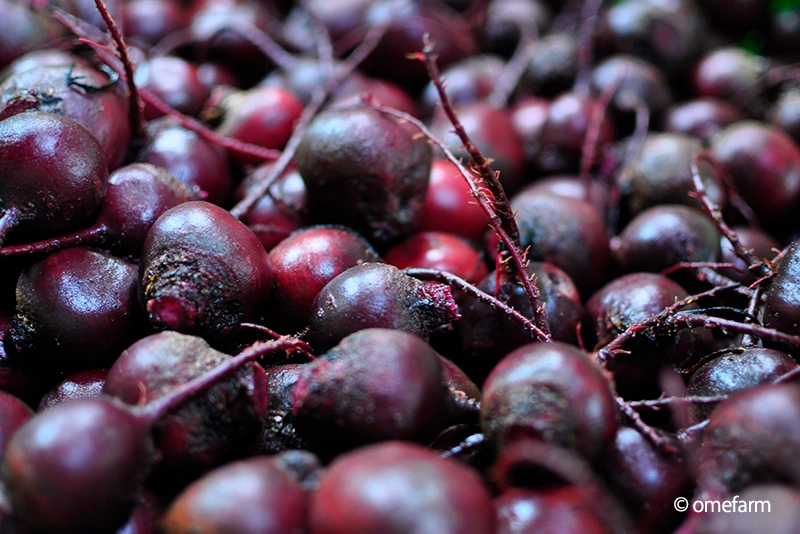 Ome City is just an hour away by train from Shinjuku. Ome Farm makes the most of the area’s abundant water sources in their organic agriculture. Year round, over 100 types of vegetables are grown, including traditional vegetables called “Edo-Tokyo vegetables” such as Shinagawa turnips and Norabou greens. The irregular shapes and labor-intensive cultivation of these vegetables mean they are not suitable for mass production, lack wide distribution, and thus are rarities even for Japanese people.
Ome City is just an hour away by train from Shinjuku. Ome Farm makes the most of the area’s abundant water sources in their organic agriculture. Year round, over 100 types of vegetables are grown, including traditional vegetables called “Edo-Tokyo vegetables” such as Shinagawa turnips and Norabou greens. The irregular shapes and labor-intensive cultivation of these vegetables mean they are not suitable for mass production, lack wide distribution, and thus are rarities even for Japanese people.
https://www.omefarm.jp/ (Japanese version only)
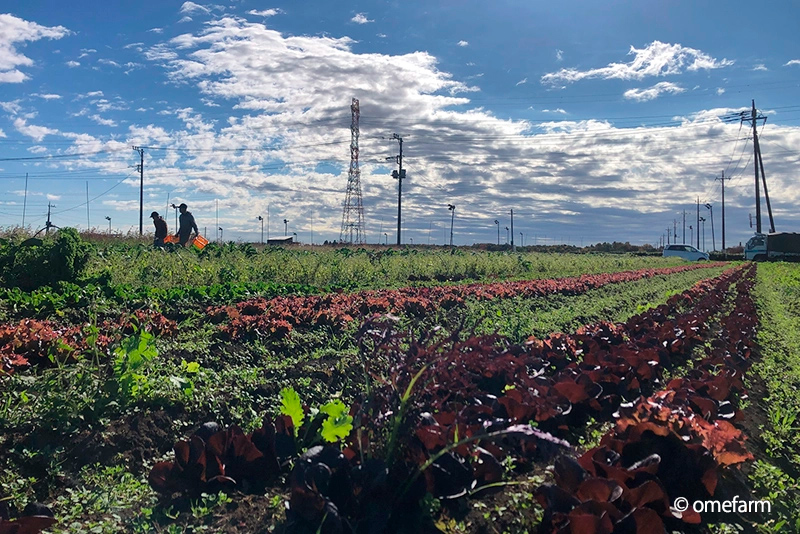
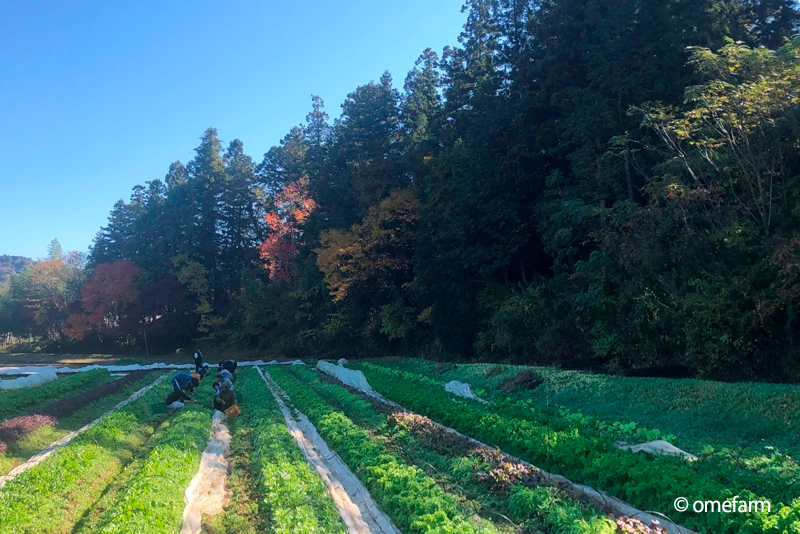
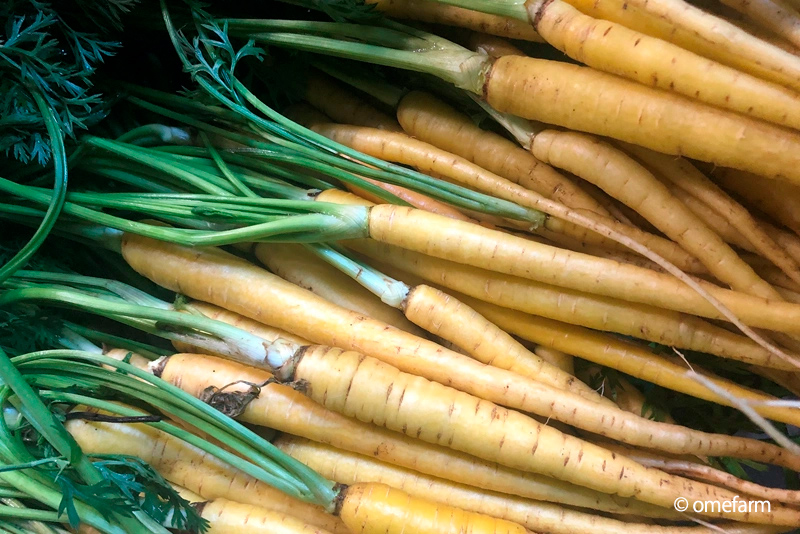
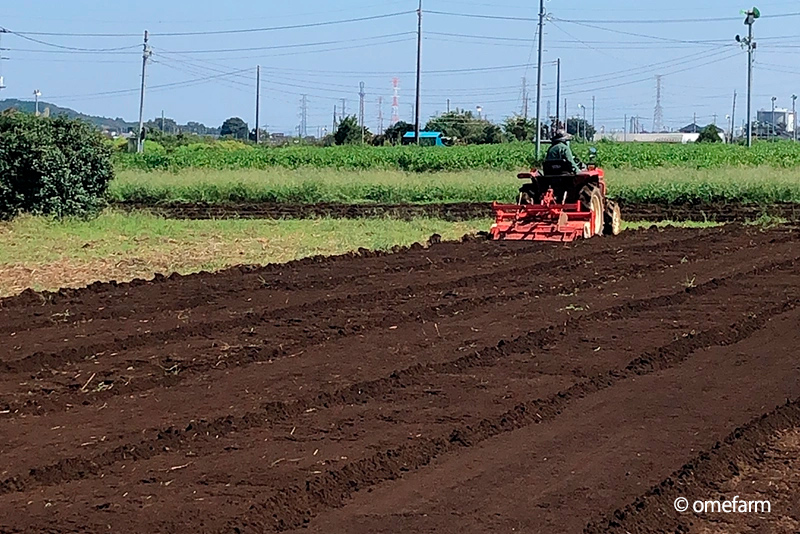
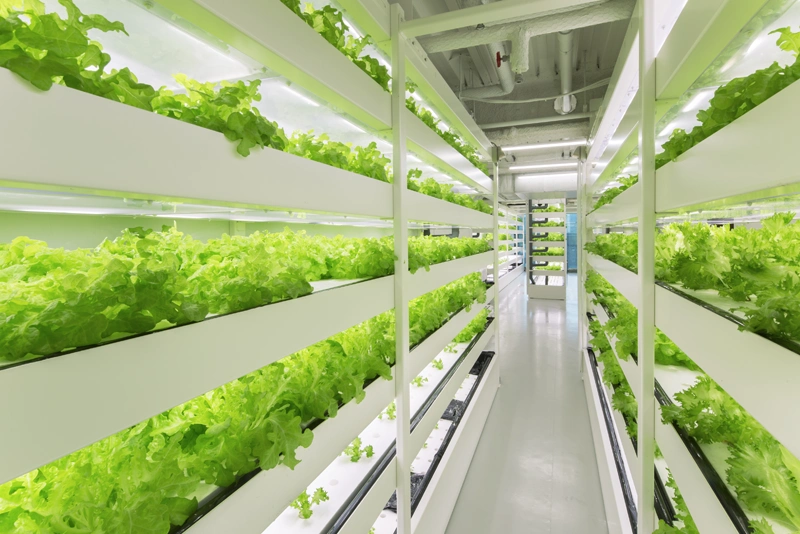
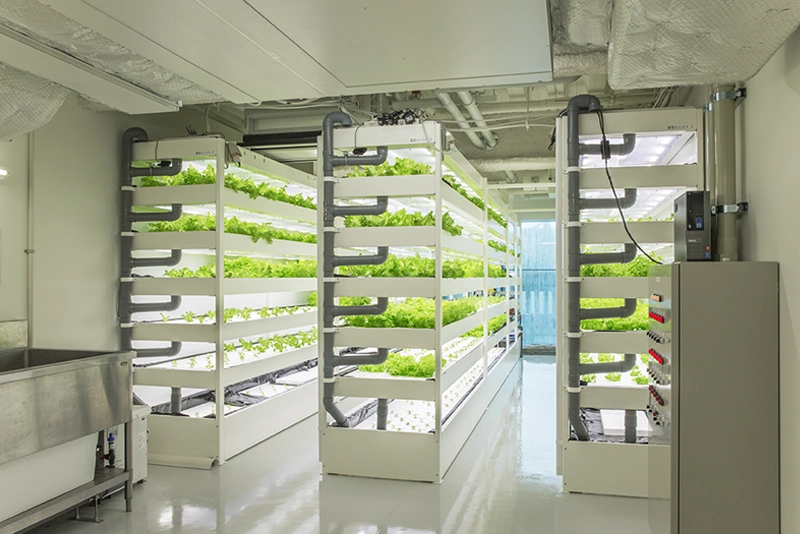 In the Ginza Itoya Main Store, a purveyor of stationery with a history of over 100 years, the entire 11th floor of the building has become a vegetable factory. Leafy vegetables, such as frilled lettuce, are grown hydroponically without pesticides, lined up along shelves for everyone to see, a delightfully futuristic sight.
In the Ginza Itoya Main Store, a purveyor of stationery with a history of over 100 years, the entire 11th floor of the building has become a vegetable factory. Leafy vegetables, such as frilled lettuce, are grown hydroponically without pesticides, lined up along shelves for everyone to see, a delightfully futuristic sight.
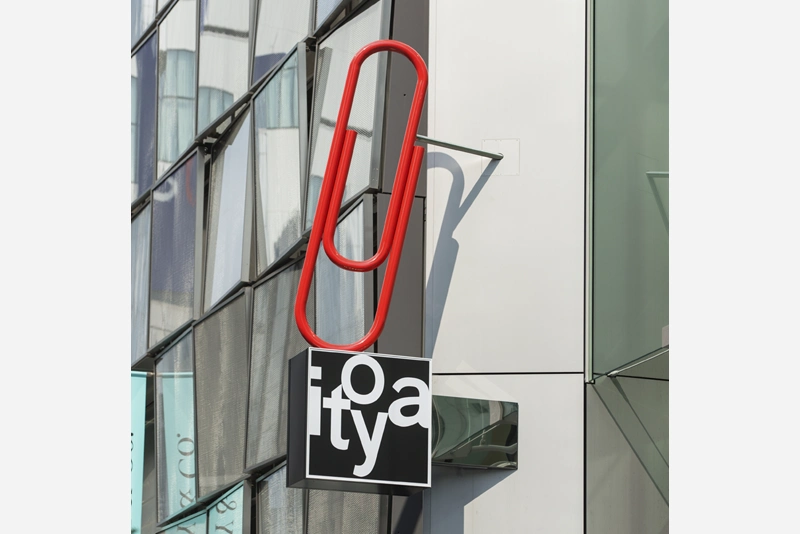
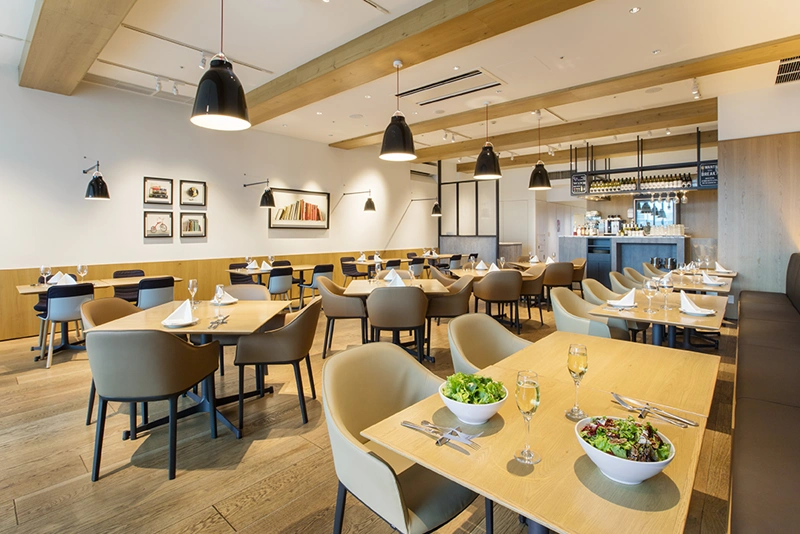
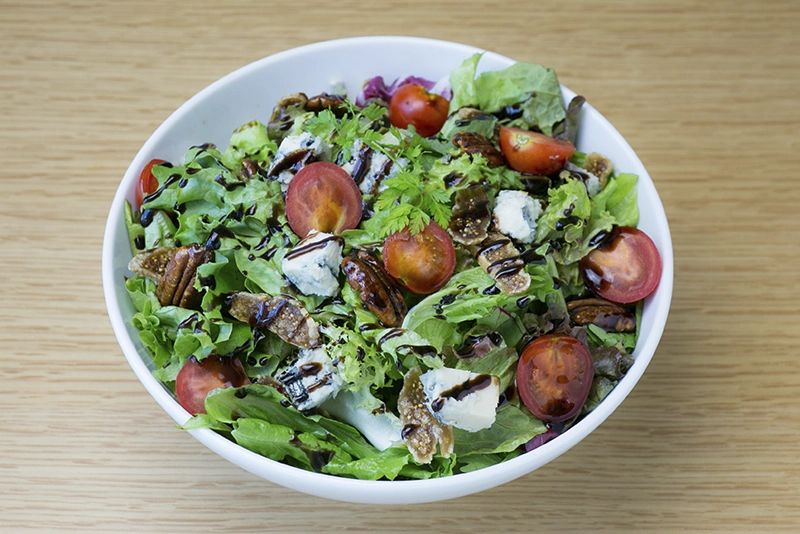
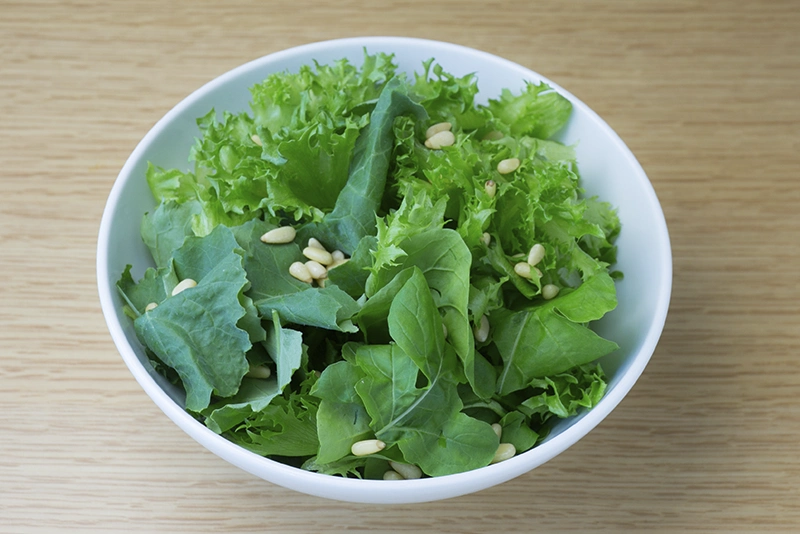 The vegetables harvested here are served at the restaurant CAFE Stylo on the 12th floor. Rain or shine, a salad bowl full of fresh, safely grown veggies is always here for all to enjoy.
The vegetables harvested here are served at the restaurant CAFE Stylo on the 12th floor. Rain or shine, a salad bowl full of fresh, safely grown veggies is always here for all to enjoy.
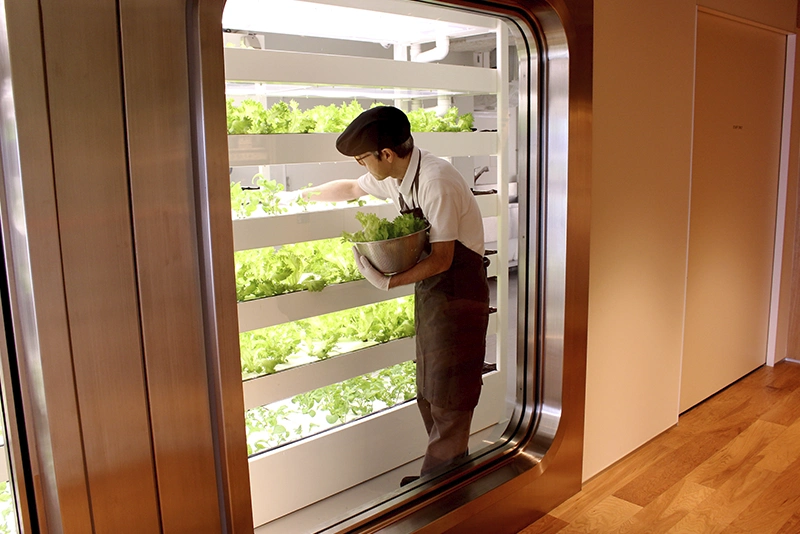
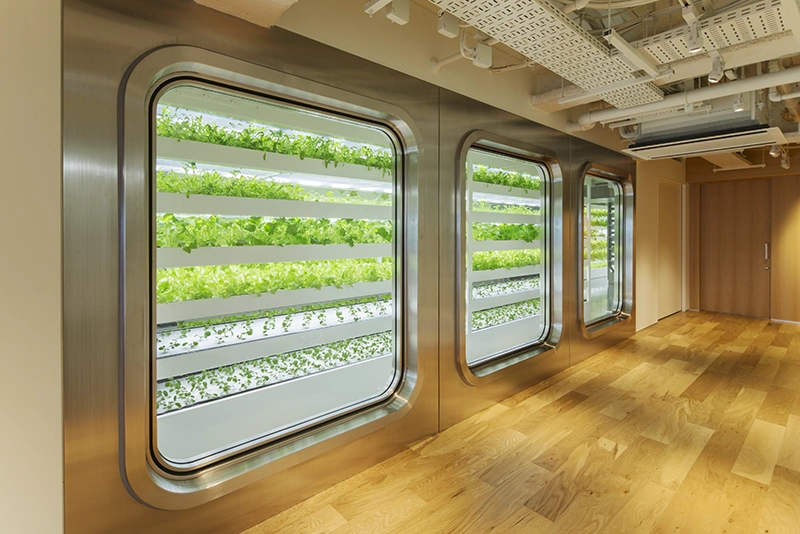 Stationery and vegetable cultivation may seem like two completely different business activities, but both are aimed at supporting the health of working people. Explore this unique spot to enjoy Farm-to-Table even at the heart of the city in Ginza.
Stationery and vegetable cultivation may seem like two completely different business activities, but both are aimed at supporting the health of working people. Explore this unique spot to enjoy Farm-to-Table even at the heart of the city in Ginza.
https://www.ito-ya.co.jp/food/index.html (Japanese version only)
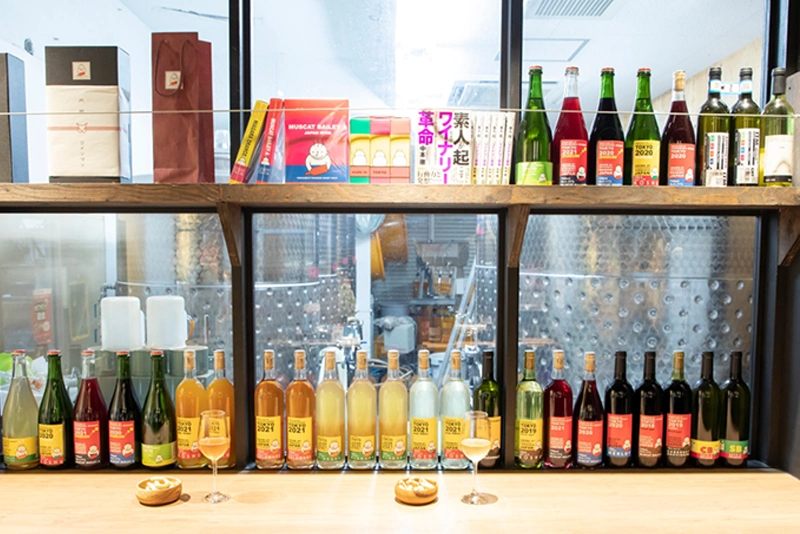
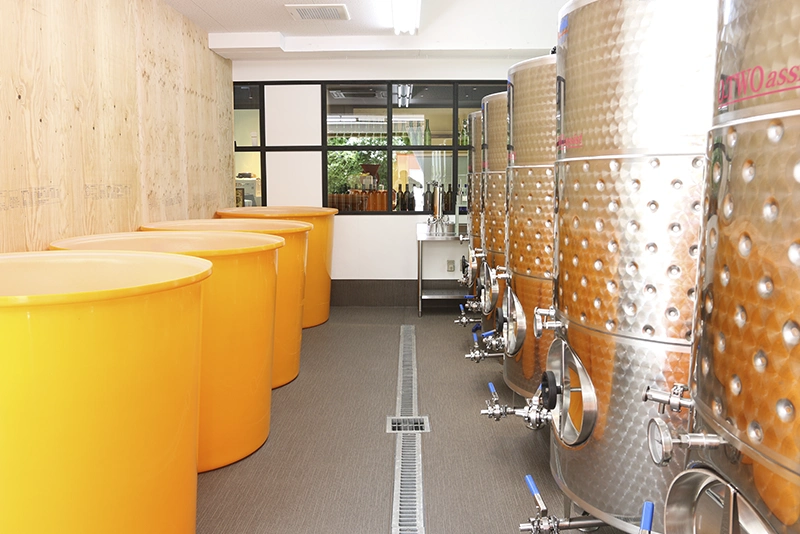 Home to many temples and shrines, Fukagawa is a lively, historic area where the festivals and culture of the Edo era are still alive and well. In one corner of the city is Fukagawa Winery Tokyo, which produces and sells about 20,000 bottles of wine a year made from grapes supplied by contracted farmers nationwide.
Home to many temples and shrines, Fukagawa is a lively, historic area where the festivals and culture of the Edo era are still alive and well. In one corner of the city is Fukagawa Winery Tokyo, which produces and sells about 20,000 bottles of wine a year made from grapes supplied by contracted farmers nationwide.
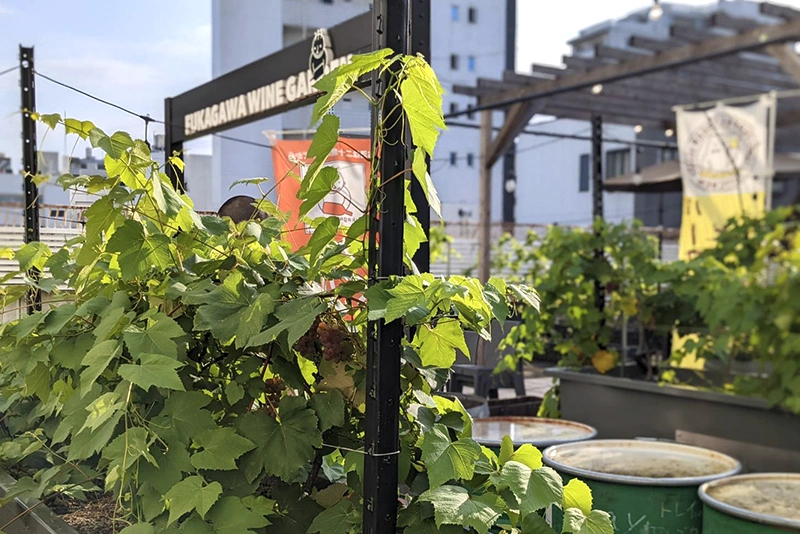
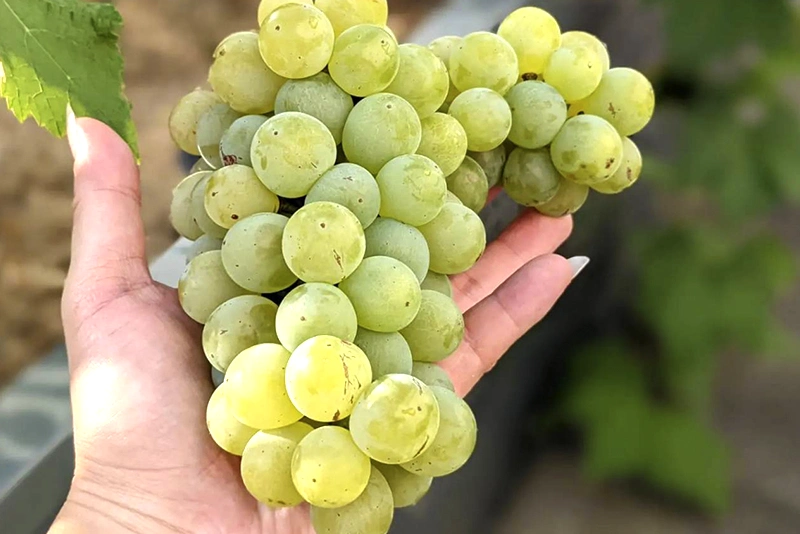
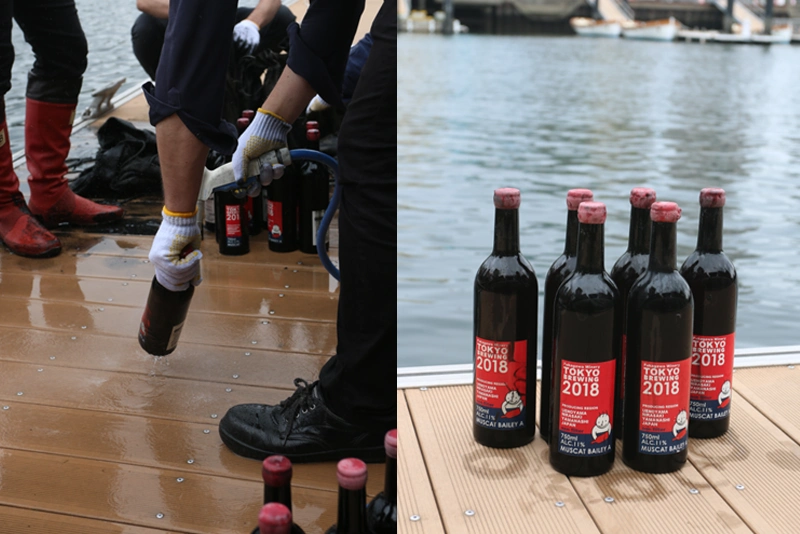 Operations began in 2018 by growing pesticide-free grapes on a building rooftop just a 5-minute walk from the winery. Over 100 seedlings were cultivated in planters. “Greening” the rooftop reflects the firm commitment to environmental issues. Harvested grapes are used for blending, or fermented to make wine yeast. The aim for the future is to someday produce wine from grapes grown in Fukagawa, Tokyo.
An initiative to accelerate aging of wine by submerging it under the sea in Tokyo Bay makes the most of the seaside location.
Operations began in 2018 by growing pesticide-free grapes on a building rooftop just a 5-minute walk from the winery. Over 100 seedlings were cultivated in planters. “Greening” the rooftop reflects the firm commitment to environmental issues. Harvested grapes are used for blending, or fermented to make wine yeast. The aim for the future is to someday produce wine from grapes grown in Fukagawa, Tokyo.
An initiative to accelerate aging of wine by submerging it under the sea in Tokyo Bay makes the most of the seaside location.
https://www.fukagawine.tokyo/en
Ome Farm Kitchen





https://www.omefarm.jp/ (Japanese version only)




CAFE Stylo
The avenues of Ginza are lined with department stores and luxury brands, but did you know that this world-famous shopping district also has a “farm”?







https://www.ito-ya.co.jp/food/index.html (Japanese version only)
Fukagawa Winery Tokyo
Japanese wine is garnering attention these days in Japan and around the world. Many wineries are near rural grape-producing regions, but recently, some wineries have also opened in Tokyo.




https://www.fukagawine.tokyo/en




